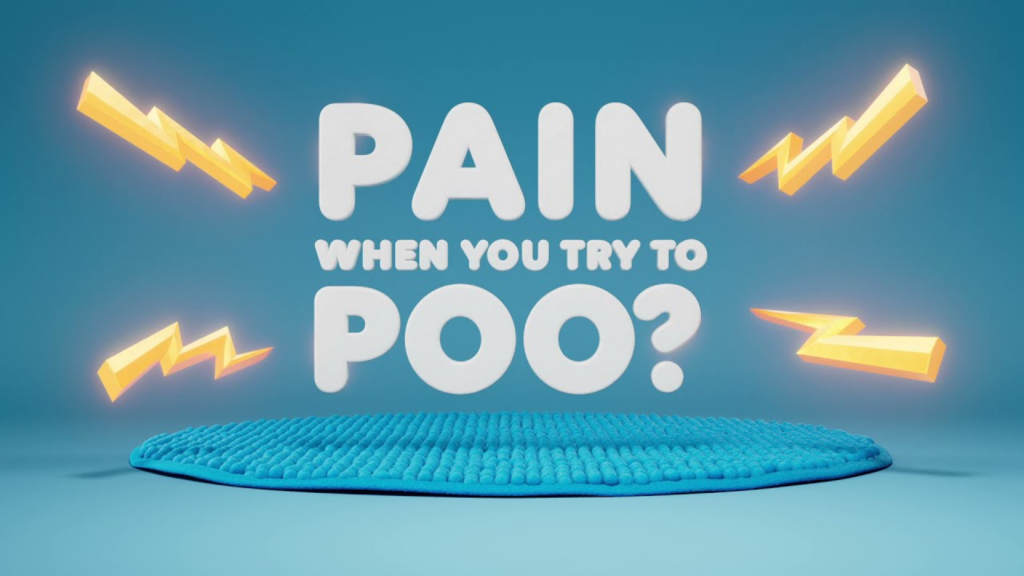Shared Stories: Shining a Light on Unseen Struggles in Health

Our weekly edition explores the intersection of art, sound, and awareness with campaigns that illuminate the hidden challenges faced by patients and caregivers.
Moreover, the shared commitment to amplifying the voices of those grappling with the solitude and fears of treatment underscores the importance of support, empowerment and resilience within healthcare initiatives. From visual representations of treatment progress to the capture of the most profound sounds in cancer cells being destroyed and the recognition of the vital role of caregivers, these campaigns stand as a testament to the collective effort to empower and strengthen individuals facing medical challenges.

Moreover, the shared commitment to amplifying the voices of those grappling with the
solitude and fears of treatment underscores the importance of support, empowerment
and resilience within healthcare initiatives. From visual representations of treatment
progress to the capture of the most profound sounds in cancer cells being destroyed and
the recognition of the vital role of caregivers, these campaigns stand as a testament to
the collective effort to empower and strengthen individuals facing medical challenges.
By recognizing and celebrating this common thread, they reaffirm their dedication to
fostering empathy and understanding for all individuals impacted by illness. lives
of countless individuals worldwide.
Case 1
Outro titulo (US)
XXXXTTTAR and gaming to make nutrition literacy fun and turn kids into experts on sugar
Brief Description
There are currently at least 150 different names for sugar in 74% of packaged goods in the U.S., and most people cannot distinguish them which makes the need for education even more critical.
Childhood obesity rates continue to rise and cause an increased risk for serious illnesses such as type 2 diabetes, heart disease, chronic kidney disease (CKD) and COVID-19. Black and Brown communities in particular are facing disproportionately higher rates of these illnesses.
The campaign uses rap, AR and gaming to help kids identify hidden sugar in the food they eat.
Why is it significant?
As recent data show, the already alarming disparities in obesity rates among children ages two through 17 have increased since the onset of the COVID-19 pandemic.
Likely due to a combination of factors such as school closings, shutdowns of organized youth sports, and limited after-school activities, coupled with challenges in accessing fresh nutritious foods, and increased consumption of comfort foods that contain excessive amounts of fat and sugar.
As a result, the pandemic has accelerated childhood obesity,
putting young people at a higher risk for type 2 diabetes and other health issues.
Case 2
POOP SHOULD NEVER FEEL PAINFUL (US)
Catchy song, nice illustrations, and funny analogies help the company grow while talking about #2
Brief Description
In order to grow the Colace business, Avrio Health needed to differentiate and reinvigorate their stool softeners in an outsized way.
So, based on the key insight that constipation sufferers experience painful bowel movements, a campaign was created to not only reframe feelings of ‘I can’t go’ to feelings of discomfort when they do go, but to also make an uncomfortable topic something people wanted to talk about.
The winning formula was to make it cool with a catchy, original song played lovingly on ukulele, paired with disarming illustrations of various analogies for the pain of passing hard stools—analogies that were at once charmingly graphic yet utterly relatable.
Pineapples, porcupines, watermelons…
This tune about softening hard, harsh stools was a major strategic shift for Colace Stool Softeners that not only defied category convention, but created a catchy ear-worm as people sang along and shared.
Why is it significant?
It shows an effective method to address a challenging subject and stimulate conversations around it, employing humor and music.
This showcases an innovative approach to healthcare marketing by making an uncomfortable topic both relatable and shareable.
Case 3
IT TAKES TWO - KIDNEY DISEASE (US)
Using rap music to emphasize the importance of testing and early diagnosis for chronic kidney disease (CKD)
Brief Description
In order to emphasize the importance of testing and early diagnosis for kidney disease, particularly in patients with type 2 diabetes or high blood pressure, music videos with a remixed version of the rap classic “It Takes Two” were created by musician Rob Base.
The new lyrics highlight the risks faced by patients with underlying conditions related to chronic kidney disease (CKD). The idea is to spark conversations between at-risk adults and healthcare professionals about early detection through eGFR blood and UACR urine tests.
Why is it significant?
This initiative highlights how creative collaborations, patient-centered care, and innovative communication strategies are shaping the healthcare landscape and trends.
It demonstrates that healthcare organizations are increasingly exploring unconventional approaches to engage and educate the public about critical health issues.
Key Takeaways:
our cut ABBOVE
We saw
Creative approaches, such as using rap, storytelling, humor, and technology like AR and gaming, were employed to engage audiences in health education.
Uncomfortable health topics, like hidden sugars or constipation, were destigmatized through relatable and entertaining content.
Collaborations with artists and musicians helped amplify health awareness messages and reach diverse demographics.
We learned that
Humor and relatability are powerful tools for breaking down stigmas and encouraging conversations about taboo health topics.
Innovative marketing strategies, such as catchy songs and humorous illustrations, can drive engagement and spark discussions even in conservative industries.
Early education and intervention, particularly targeting children and young adults, can promote health literacy and preventive behaviors.
This encourages us
To embrace creativity and innovation in health education campaigns to make them more engaging and impactful.
Recognize the importance of destigmatizing uncomfortable health topics and prioritize creating content that encourages open conversations.
Foster collaborations with artists, influencers, and content creators to leverage their platforms and reach diverse audiences.
Prioritize early education and intervention efforts to promote health literacy and preventive behaviors from a young age.
Use emerging technologies like AR, gaming, and interactive content to create immersive health education experiences for audiences of all ages.
Triggers for innovating
How can we use rap, storytelling, AR, and gaming to create interactive educational experiences that teach children about nutrition and healthy eating habits?
How might we create a collaborative network of educators, healthcare professionals, and content creators to develop engaging and culturally relevant educational materials for children on topics like nutrition and health?
What if we gamify the process of medication adherence to make it more engaging and rewarding for patients?
How can we collaborate with musicians and content creators to develop engaging content that raises awareness about chronic conditions and promotes early detection through testing?
What if we developed a series of interactive music videos and storytelling experiences to educate audiences about the importance of early screening and detection for chronic diseases ?
How can we infuse humor and catchy songs into healthcare marketing campaigns to destigmatize uncomfortable topics like constipation and encourage conversations about preventive measures?
What if we partnered with popular social media influencers to launch a viral campaign promoting preventive health screenings and check-ups?
How can we leverage virtual reality technology to simulate healthy eating habits in children and encourage better nutritional choices?
ABBOVE TEAM